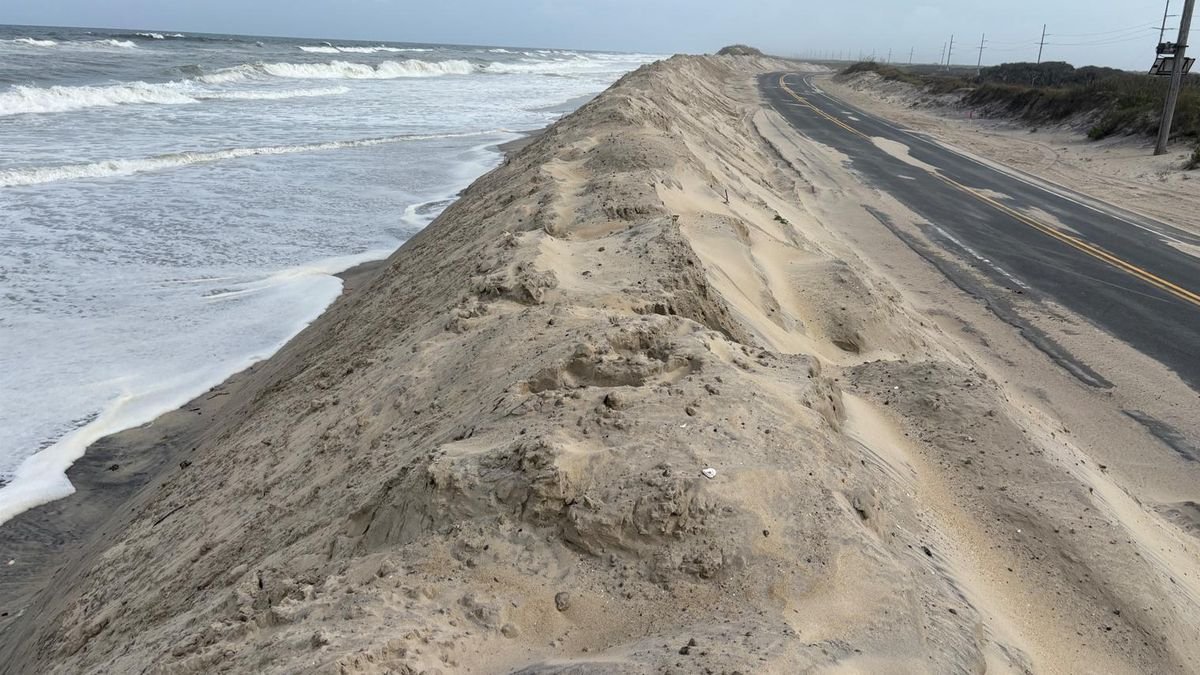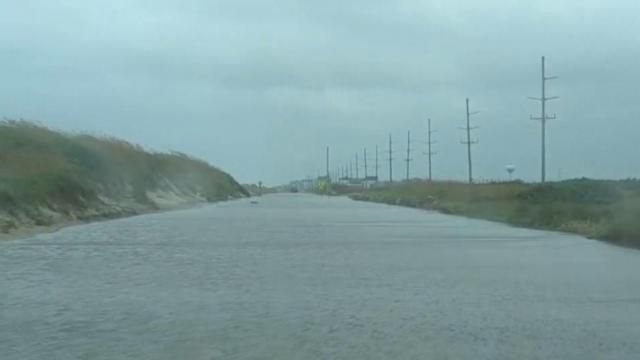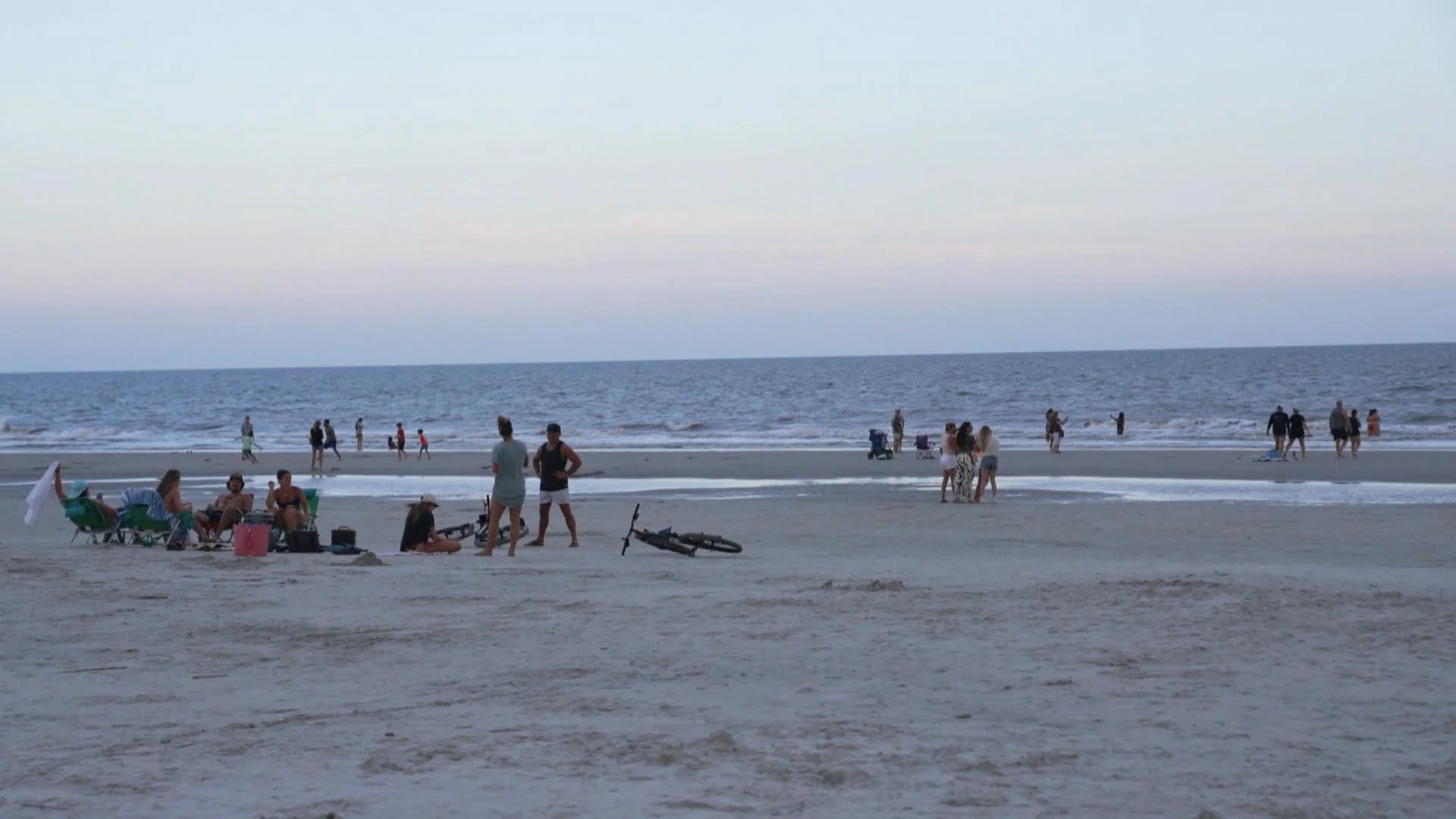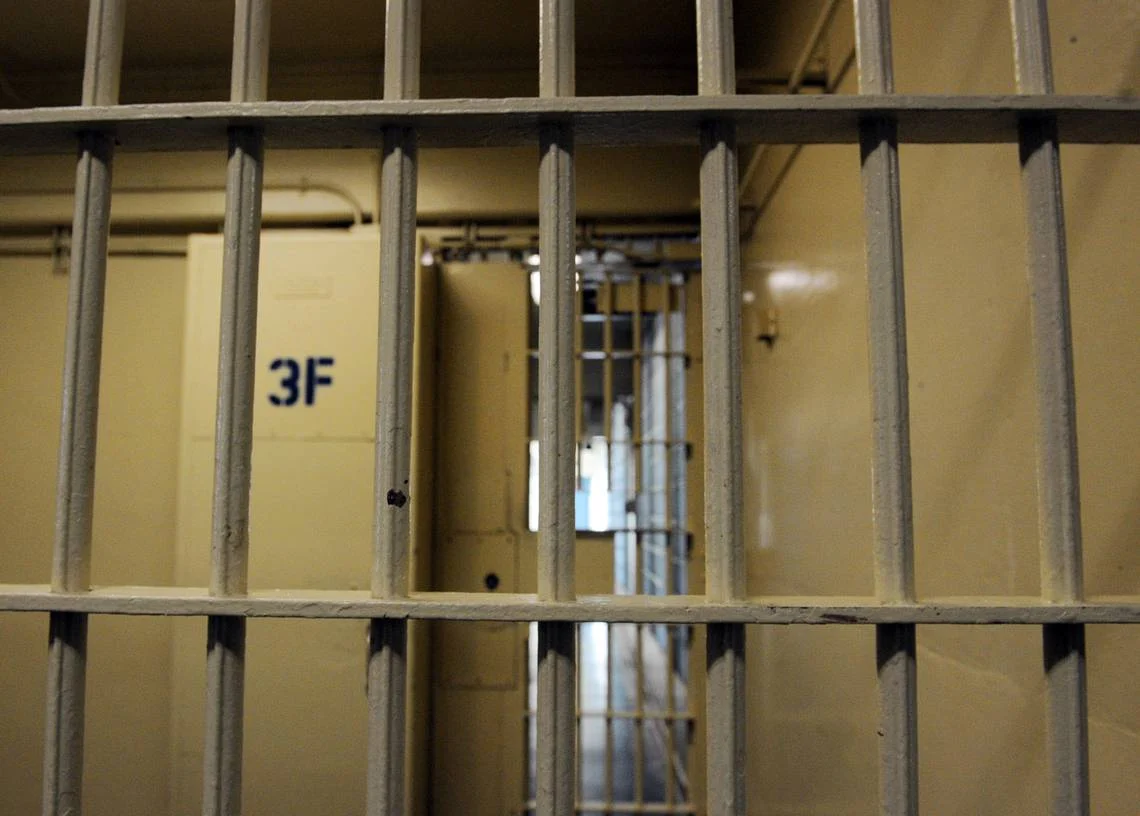Charlotte, North Carolina.Homeowners in North Carolina are calling pest control professionals more frequently to report unwanted visitors of the bug kind as temperatures rise into the triple digits this weekend.
The intense heat is driving pests indoors in search of food, water, and shelter, according to Economy Exterminators, a local Charlotte pest control business that has been in business for decades.
According to Robert Dyson, branch manager at Economy Exterminators, the number of calls increases from perhaps 10 in January or February to 70, 80, or even 100 calls each day.
Heat Wave Triggering Insect Surges
Temperatures of 100 degrees Fahrenheit or higher are predicted for many days in North Carolina, and experts say that heat speeds up insect activity.
According to Dyson, insects react to heat similarly to people do. They move into cooler, more humid areas, such as dwellings, when their outdoor natural supplies, particularly water, become scarce.
During these heatwaves, common offenders include:
-
Ants
-
Spiders
-
Mosquitoes
-
Roaches
-
Hornets and Yellow Jackets
The recent heat waves have also spurred termite swarmers, which presents a longer-term risk to wood-framed buildings.
How Homeowners Can Protect Their Homes
According to Dyson, prevention begins with awareness, while exterminators are busy applying pesticides that are suitable for outdoor use and can survive both heat and rain.
Homeowners can decrease indoor pest incursions by following these tips:
-
Seal entry points
: Close gaps around doors, windows, and pipes. -
Remove outdoor clutter
: Wood piles, leaf debris, or stacked items near exterior walls create nesting zones. -
Eliminate standing water
: This is especially important to deter mosquitoes. -
Keep food sealed and trash covered
: Even small food crumbs can attract ants and roaches.
Wood piles and leaf waste are breeding grounds if they are located close to your home. According to Dyson, it simply makes it simpler for insects to enter.
Increased Demand Across the State
Charlotte is not the only place where insects migrate due to heat. Because mosquito populations are thriving in the present climate, pest control firms throughout North Carolina are reporting lengthier wait times for services and the need for more frequent treatments.
Applying environmentally friendly solutions that keep insects out even after storms and extremely high temperatures, crews usually spend 30 to 45 minutes on each treatment.
Stay Proactive as Heat Persists
Residents are urged to stay ahead of bug problems before infestations grow, since this heat wave is expected to last throughout the first part of next week.
These kinds of summers are harsh. According to Dyson, we are all just trying to survive, much like insects.
How can you prevent insects from entering your house when it’s hot outside? Tell us about your best practices at SaludaStandard-Sentinel.com.












